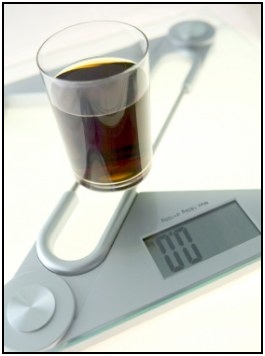

Participants experienced a disrupted night's sleep (where the researchers woke them every hour for five minutes using specially designed texting prompts) and then upon waking were given the same sugary drink.

Participants had a normal night's sleep (approximately eight hours) and consumed a sugary drink upon waking in the morning.The group participated in three overnight experiments in random order: What the research does say is that it may be worth considering when to down your java.Ĭoffee experiment - To determine how broken sleep and morning coffee influence metabolic function, researchers recruited 29 healthy men and women. Moderate coffee drinking is linked to health benefits like lower risk of heart disease, certain cancers, and neurological conditions, so the findings "don’t mean that coffee can’t be part of a healthy balanced lifestyle," Smith adds. "It may be better to wait until after breakfast to have coffee following a bad night of sleep - rather than before breakfast in order to balance the stimulating effects of the coffee with their potential to disrupt glucose metabolism," study co-author Harry Smith, a researcher at the Centre for Nutrition, Exercise & Metabolism at the University of Bath, tells Inverse. In the experiment, participants who drank strong, black coffee after a disrupted night's sleep, and followed that up with a sugary drink had impaired blood sugar control - a marker for metabolic dysfunction. Having coffee before breakfast the next day can. While the caffeine may perk you up, it could also have a negative effect on your metabolism, new research suggests.Īccording to the new study, published in the journal British Journal of Nutrition, a single bad night's sleep isn't likely to acutely impair metabolism. It's a vicious cycle: Stay up late into the night and revive yourself upon waking with a cup of strong coffee.


 0 kommentar(er)
0 kommentar(er)
